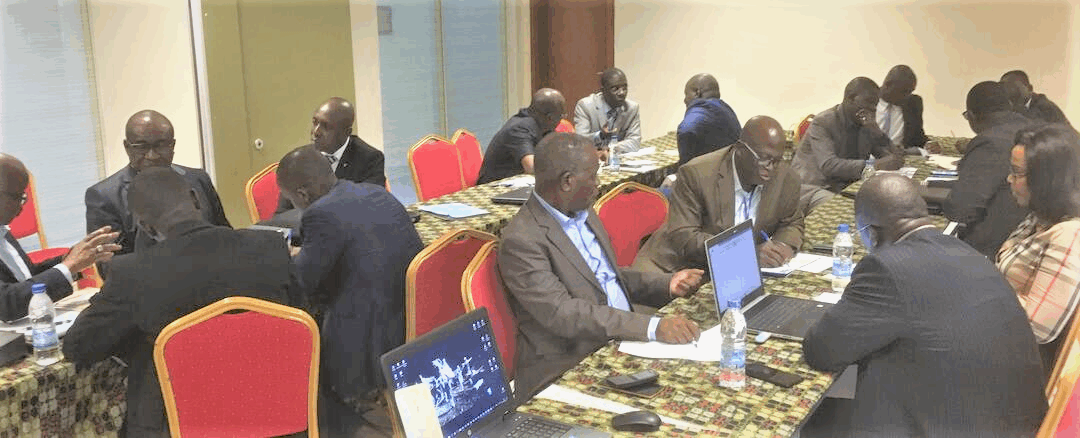

Committees develop capacity in skills development
The Ivorian employers’ organisation CGECI (Confédération Générale des Entreprises de Côte d’Ivoire) and the DECP have designed a programme for 13 private sector organisations. A few years ago a structure has been set up in which each line of business is represented by a committee. Each committee has 13 members. It is their task to identify common needs and act like spokespersons towards relevant parties like the government, trade unions and schools for vocational education in order to initiate changes in favour of the sector.
The CGECI has identified skills development as one of the most important issues that hinder economic growth of companies and sectors. That is why the initiated a programme to strengthen the capacity of the committees. DECP was asked to work out several two days training sessions. These sessions took place 11 and 12 February and 14 and 15 February in the conference rooms of CGECI and supported by the CGECI staff. In total around 45 committee members attended the training sessions covering 6 branches. The outcome of these meetings are action plans per branch in which is described what problem will be solved, what actions will be taken, which institutes and persons are involved, who takes responsibility for what and what should be the desired result.
On Wednesday 13 February, a conference was organised to identify what support -both financial and capacity wise- is available and how to submit a request. The meeting was introduced by Mr AKA-Angui Stéphane, who recently joined CGECI as executive director. The Dutch embassy in Abidjan was represented by Mr Joel Kouamé, who is a Senior Economic and Trade Advisor. Mr Wouter Cools, who is working at the ILO in Dakar as Partnership and Resource Mobilization officer, presented the general procedures and do’s and don’ts as far as requests for proposals are concerned. Mr Jos van Erp, special advisor of DECP, presented the possibilities VET Toolbox -a EU programme which has its head quarter in Brussels- offers with regards to skills development programmes.
To finalize this part of the process a next series of training sessions have been planed in March. This allows 7 other branches to develop their capacity and to work out concrete action plans.